Several cricketers have represented more than one country in international cricket due to unique circumstances or dual citizenship. These players moved countries due to various reasons like opportunity, residence, or nationality, adding an interesting layer to cricket’s global appeal. Here are some notable examples:
Eoin Morgan
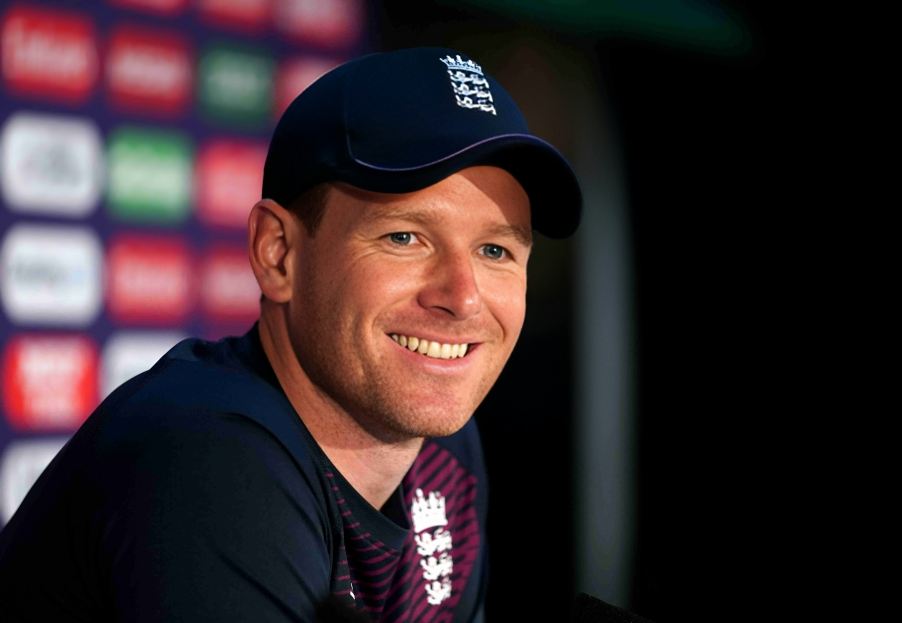
Countries: Ireland, Player of England.
Details: Eoin Morgan began his international career with Ireland, debuting in 2006. Later, he switched to England in 2009, as he aspired to play Test cricket and gain more exposure. Morgan went on to captain England’s limited-overs teams and led them to victory in the 2019 Cricket World Cup, England’s first-ever win in the tournament.
Kepler Wessels
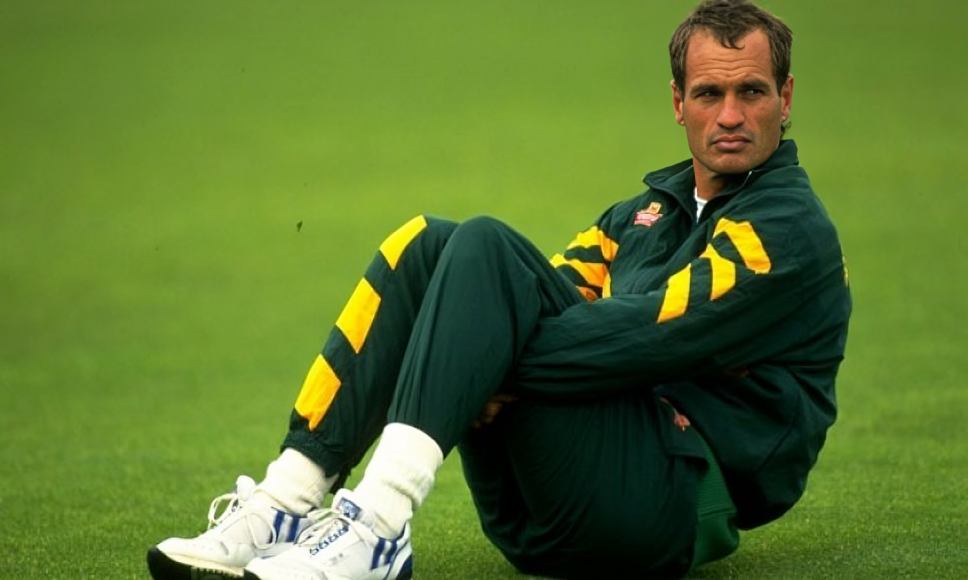
Countries: Australia, Player of South Africa
Details: Wessels is one of the few players to have played Test cricket for two nations. He began his career with Australia in the early 1980s before South Africa’s re-admittance to international cricket. When South Africa returned in 1991, Wessels represented them as an experienced opener, even captaining the side.
Luke Ronchi
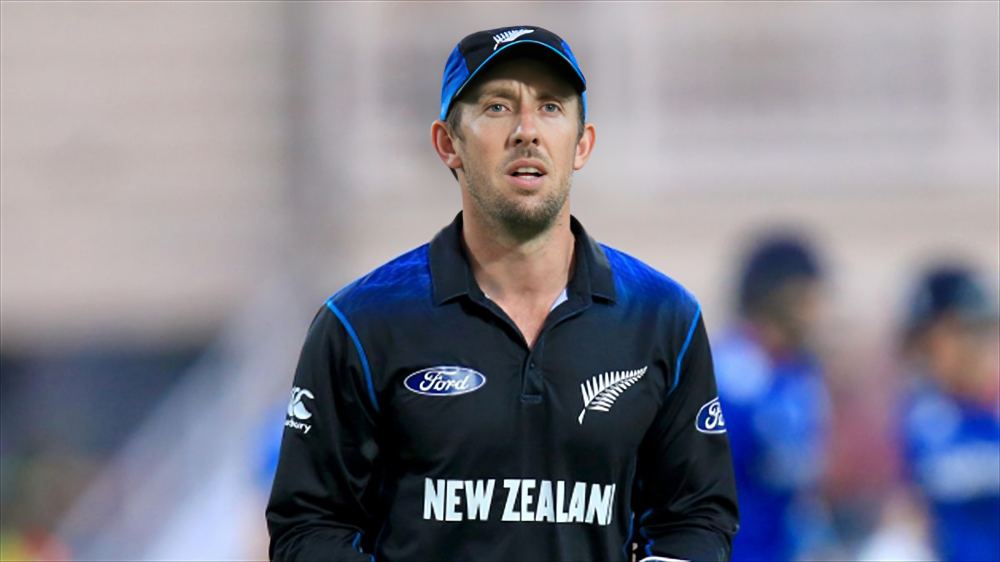
Countries: Australia, Player of New Zealand
Details: Born in New Zealand, Ronchi moved to Australia as a child and initially played for Australia in 2008. After failing to cement his place, he returned to New Zealand and became their wicketkeeper-batsman, known for his aggressive play in limited-overs formats. Ronchi was part of New Zealand’s squad in the 2015 Cricket World Cup.
Dirk Nannes
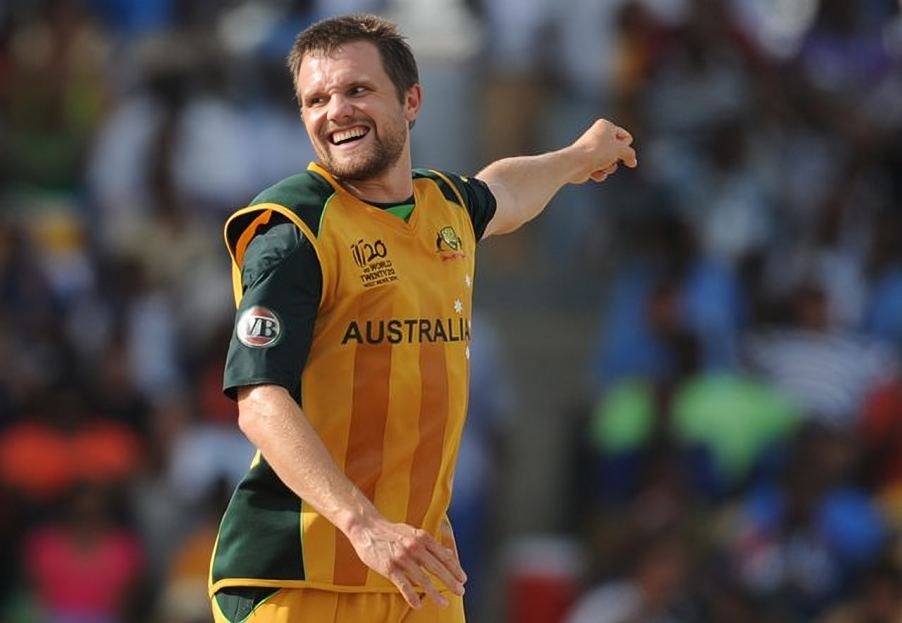
Countries: Netherlands, Player of Australia
Details: A left-arm fast bowler with Dutch heritage, Nannes represented the Netherlands in the ICC World T20 in 2009. Later, he was selected for Australia’s T20 squad and represented them in the 2010 ICC World T20, becoming one of the few to represent two nations in the same format.
Imran Tahir
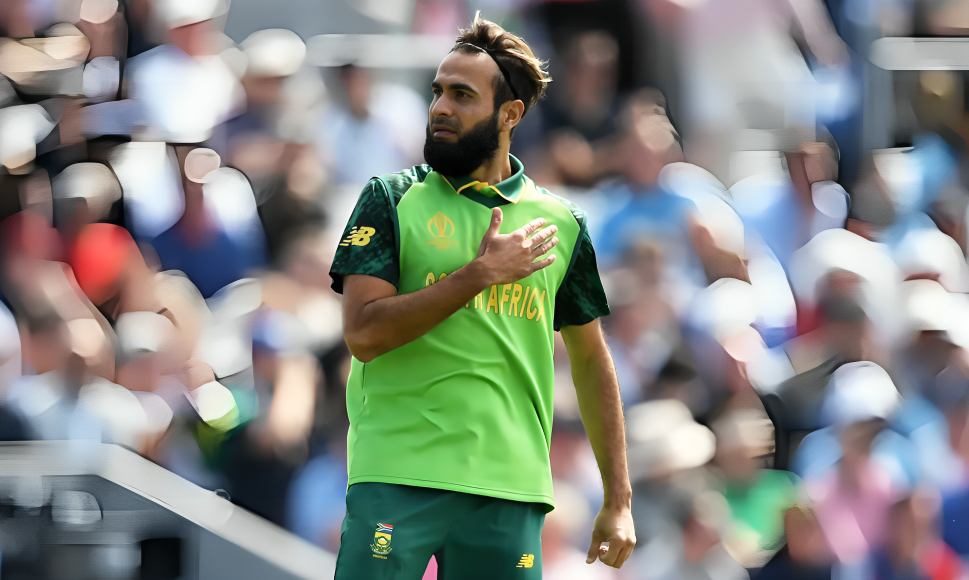
Countries: Pakistan, Player of South Africa
Details: Born in Pakistan, Imran Tahir moved to South Africa and became eligible to represent them in 2011. Known for his leg-spin, he quickly became a vital part of South Africa’s white-ball strategy and played across formats, contributing significantly in World Cups and other international tournaments.

